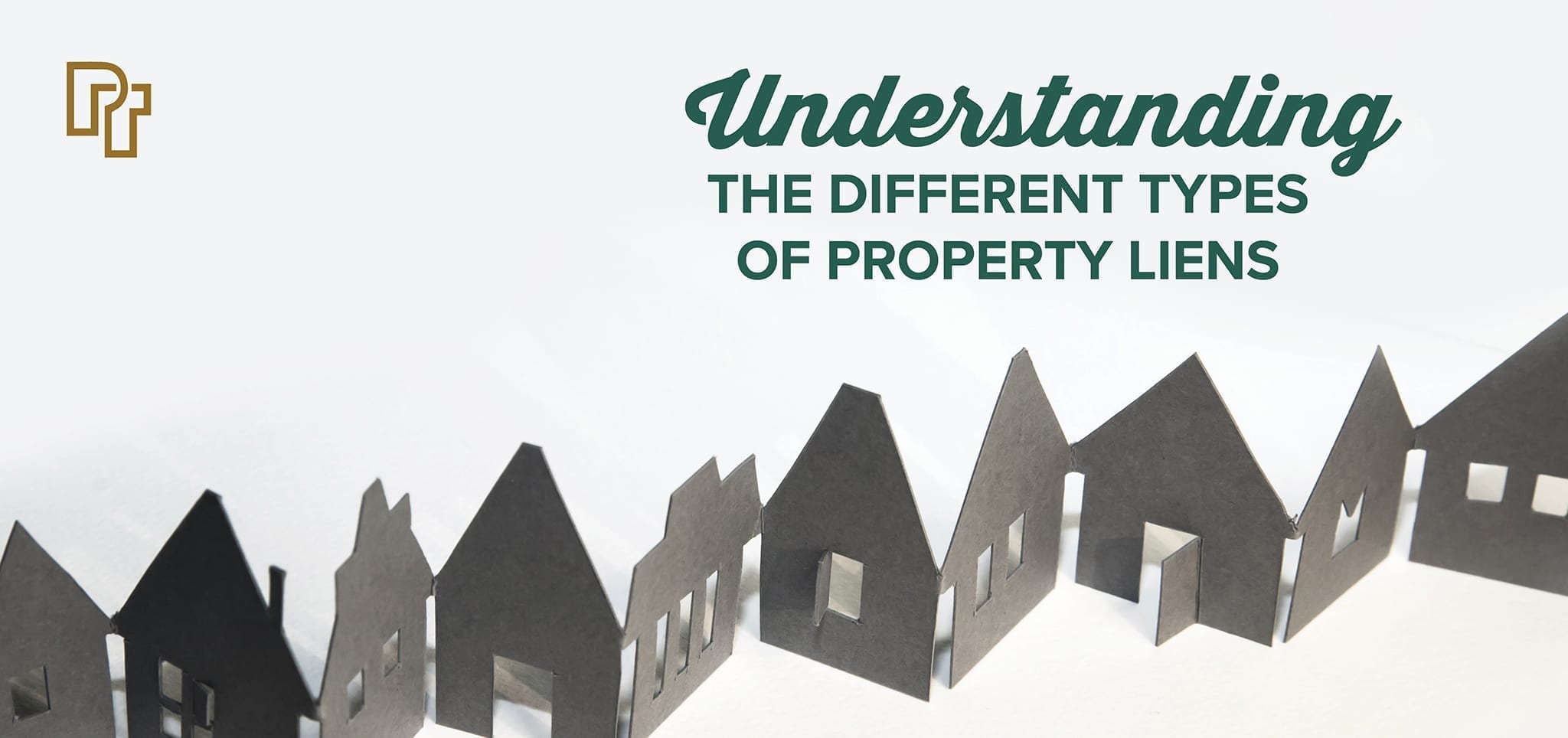Real estate transactions are riddled with potential complications. One of the more impactful hurdles that may arise during due diligence before a sale is property liens. Since all property liens must be paid before a sale can go through, they can slow down or even put a halt to a transaction because they essentially “cloud” property title.
So what exactly is a property lien?
A property lien is when a lender or creditor acquires an interest in collateral property. When a piece of property has a lien against it, creditors can seize, repossess, or foreclose on the asset as a form of payment on a debt. The creditor can also take legal action against the debtor and claim first rights to profits from the property when it is eventually sold. Essentially, a lien is a mechanism for securing payment from a debtor.
The most important thing to remember about liens is that they are usually attached to and transferred with the property, not the property owner. So, if a homeowner, knowingly or unknowingly, buys a property with a lien against it, they are then responsible for the debt.
There are two main categories of property liens – voluntary and involuntary.
Voluntary and Involuntary Liens
A voluntary lien is created when a debtor agrees to give a lendor an interest in property to serve as security for a loan. The borrower puts up the physical property as collateral to receive funding from the lender. It is a consensual lien that is discharged when the borrower pays the amount due in full. The most common types of voluntary liens are mortgages and automobile loans.
An involuntary lien is a non-consensual lien obtained by the creditor without the agreement of the property owner. They are granted to a creditor to secure an outstanding debt after the borrower has failed to pay an obligation that was not secured. Some are obtained by law and others are won in court. The most common types of involuntary liens, which are the most damaging to a property sale, are:
Tax Liens
A tax lien is imposed by the federal, state, or local government based on back taxes due. If the taxes go unpaid, the government can then sell the property to pay the taxes. Failure to pay property, income, business, or estate taxes can all legally result in a tax lien against property.
Mechanics Liens
When a person hires a contractor, material supplier, or other professional to perform a service, such as a home remodel or property repair work, and they fail to pay the bill, the person or company performing the service can file a lien against the property being improved. That is called a mechanics lien or construction lien.
Child Support/Alimony Liens
If a property owner owes back child support or alimony, the intended recipient can put a lien on the property until the money owed is paid.
Judgement Liens
Judgement liens are a direct result of a lawsuit brought forth by a creditor seeking payment for an unsecured debt, such as credit card debt and medical bills. A creditor may receive a lien judgement after the court awards damages as a money judgement.
When buying or selling a piece of real estate, it is important to make sure there are no liens against the property that will cloud the title. Mortgage lenders will not typically provide financing until all liens on a property have been removed, so it’s essential to include this check during due diligence. This information will usually be flagged in the title search.







